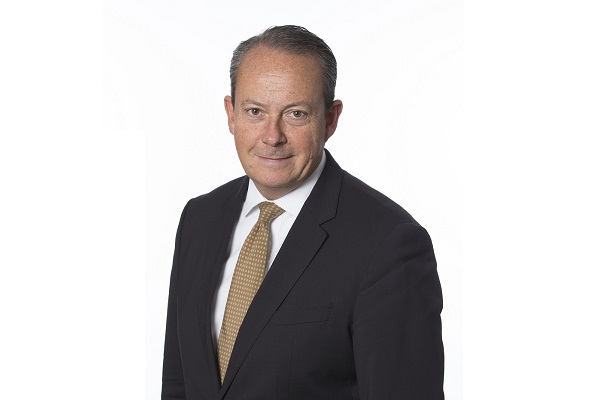
Fund Operator: In terms of setting the governance agenda, where does the Chief Operations Officer sit in this chain of command or chain of operations across the business?
Steven Seow: The role of the COO varies for each organisation, and also depends on whether the asset management company has a bigger focus on institutional or retail investors, because the regulatory regime is quite different.
If you are one of the larger fund houses where the funds are actively being distributed to the retail market then there are many more regulatory requirements that they need to fulfill within the different jurisdictions that they operate in which usually adds to the job scope of the COO.
FO: How do fund managers interact with asset owners on an operational level? Is it different when you are dealing with institutional versus retail?
Steven: It is quite different. The institutional investor does have different reporting requirements and I sit in the investment committee of a large charity and we use asset manager to manage the reserve.
We meet every two months. We sit down with them and they will present the portfolio performance, risks etc.
"Fund houses are interested in using AI chatbots for the intermediaries and advisors who are distributing their funds"
For retail investors, quite often the fund manager will not interface directly with the retail investor and it will be done through the various financial intermediaries i.e. the bank, insurance company, independent financial advisors or even market exchanges.
I am also seeing other fund houses who are interested in using AI chatbots for the intermediaries and advisors who are distributing their funds.
FO: Is the COO and operations a source of innovation and strategy development for businesses?
Steven: I feel that any role which starts with a C is meant to be strategic whether it is COO, CIO, CFO etc. and clearly, they are part of the leadership team that contributes to the strategic development of the organisation.
It is a misnomer to think that COO is just focusing on execution as usually they are meant to carry out the vision and don’t typically get stuck into the nuts and bolts of the business.
"In a number of cases we also see the COO eventually become promoted to become the CEO and this is why I feel that it is more of a strategic role"
The COO forms the backbone of the organisation.
In a number of cases we also see the COO eventually become promoted to become the CEO and this is why I feel that it is more of a strategic role and I have known some COOs who carry out market expansion plans like getting into new markets, or exiting unprofitable markets, and this tends to be the work of the COO.
FO: What are the future trends that most concern COOs?
Steven: A few years ago, MAS issued a consultation paper on product risk rating. With regard to the broader product governance role, there are some talks in the market on how the responsibilities should be divided between the financial intermediaries (who are acting as distributors to retail investors) and fund houses (who are acting as product manufacturers).
Client investment suitability is a hot topic. Regulators in major jurisdictions are putting stricter controls in place.
Fund houses are no longer insulated as they were in the past, in the past they used to just pass off the obligation to the financial intermediary but now some of the jurisdictions are starting to put the onus also onto the fund house.
Please Sign In or Register to leave a Comment.
SUBSCRIBE
Get the recent popular stories straight into your inbox







